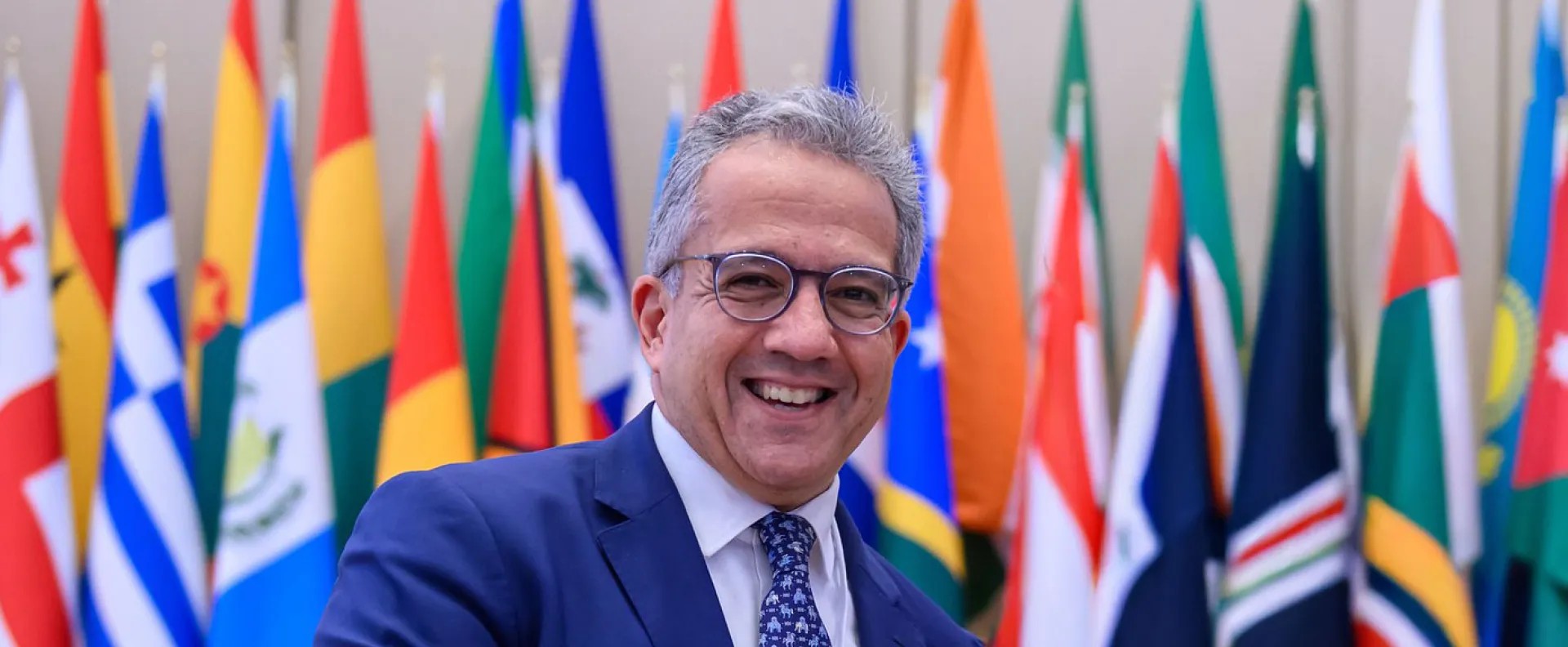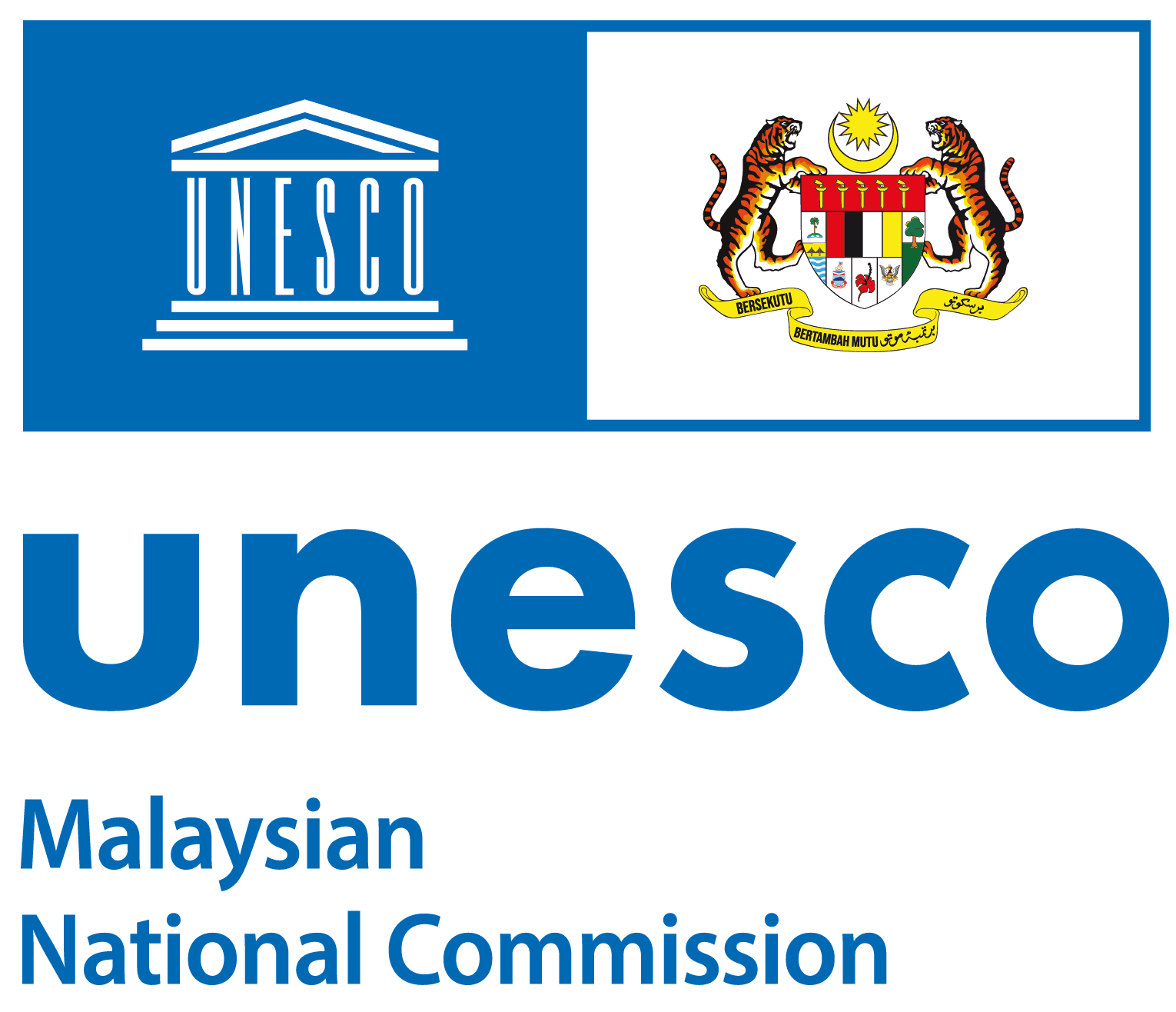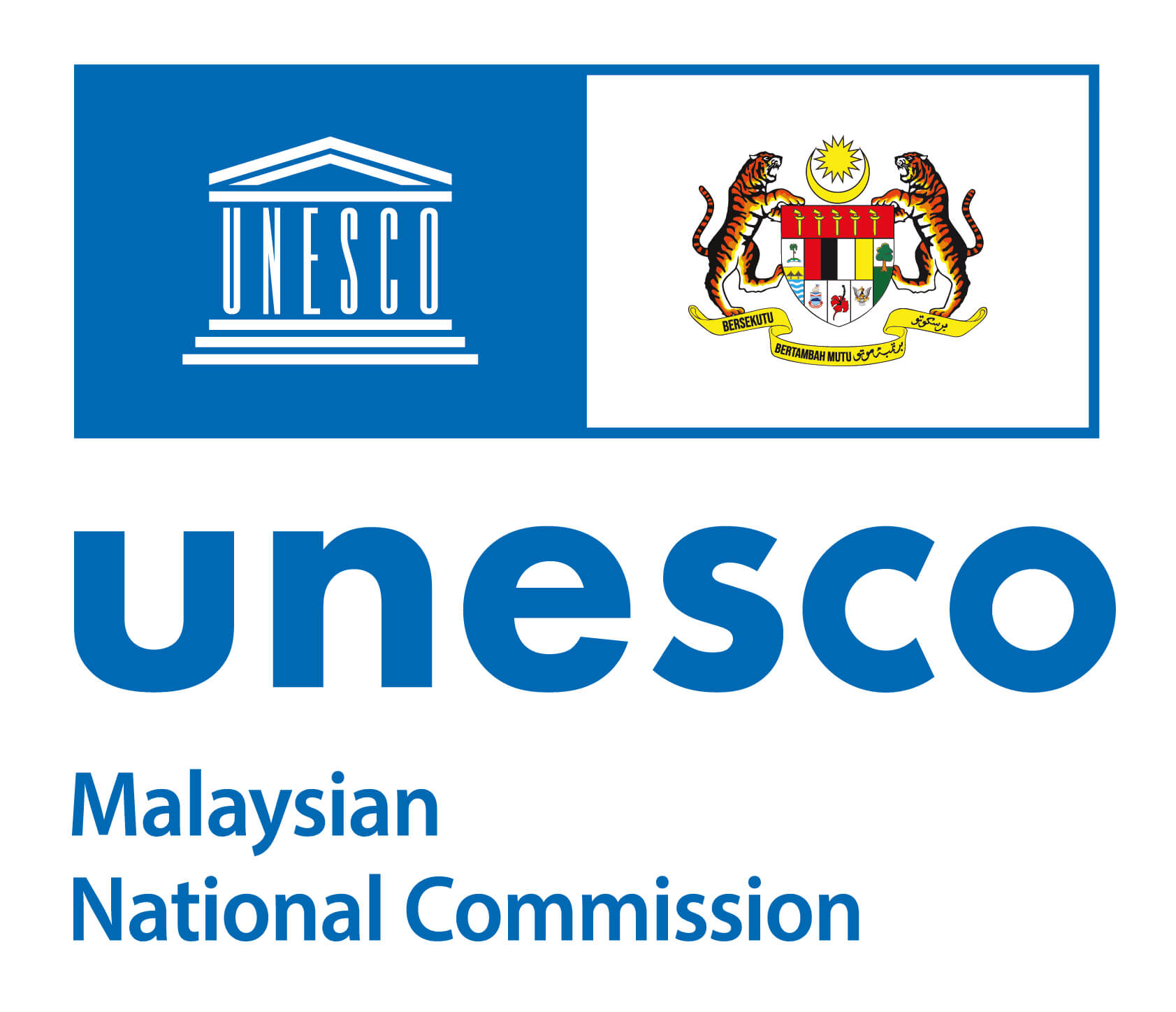About Us > UNESCO in Brief
UNESCO: Inspiring Peace Through Education, Science & Culture
Empowering humanity through global cooperation since 1946
The United Nations Educational, Scientific and Cultural Organization (UNESCO) was founded in London on 16 November 1946, in response to the devastation of World War II. Its mission? To build peace through international collaboration in education, science, culture, and communication. Today, UNESCO unites 193 Member States and 11 Associate Members in pursuit of a more sustainable, equitable world. Malaysia proudly joined UNESCO in 1958, contributing actively to its global vision.

Leadership Spotlight
Khaled Ahmed El-Enany Ali Ezz is an Egyptian Egyptologist and long-serving Professor of Egyptology at Helwan University, where he has held several academic leadership roles. He earned his PhD from Paul-Valéry Montpellier 3 University and has been a visiting professor there. He directed both the National Museum of Egyptian Civilization and the Egyptian Museum before serving as Egypt’s Minister of Antiquities and later Minister of Tourism and Antiquities from 2016 to 2022. A member of several international learned societies, he was appointed Special Ambassador for Cultural Tourism by the World Tourism Organization in 2024 and became patron of the African World Heritage Fund. Fluent in Arabic, French, and English, he is the 12th Director-General of UNESCO, the first from an Arab country and the second from Africa.
Mission & Mandate
UNESCO believes peace begins in the minds of people. Guided by this vision, it works to:
- Ensure quality education for all, leaving no one behind.
- Promote science and innovation for sustainable development.
- Safeguard cultural heritage and celebrate the dignity of all cultures.
- Champion freedom of expression, a pillar of human rights and democracy.
- Encourage global citizenship and mutual understanding across borders.
UNESCO serves as a global platform for sharing ideas, setting standards, and fostering dialogue — all to shape a better, more united future.
Governance Structure
UNESCO’s operations are guided by three key bodies:
The General Conference
Held every two years, this gathering of all Member States sets the organization’s vision, budget, and priorities. Each country, regardless of size, has one vote — ensuring equal representation.
The Executive Board
Comprised of 58 elected members, the Board oversees the implementation of decisions, supports policy direction, and ensures balance among regions and cultures.
The Secretariat
Led by the Director-General, the Secretariat is the operational engine of UNESCO. With staff across 65 field offices, it turns strategy into action, supporting global programs and partnerships.

Why It Still Matters?
UNESCO’s founding principles remain deeply relevant today. In a world facing rising intolerance, cultural erasure, and misinformation, UNESCO stands firm in its mission to defend human dignity, celebrate diversity, and protect the truth. It is a beacon of global cooperation, lighting the way to a peaceful future.


